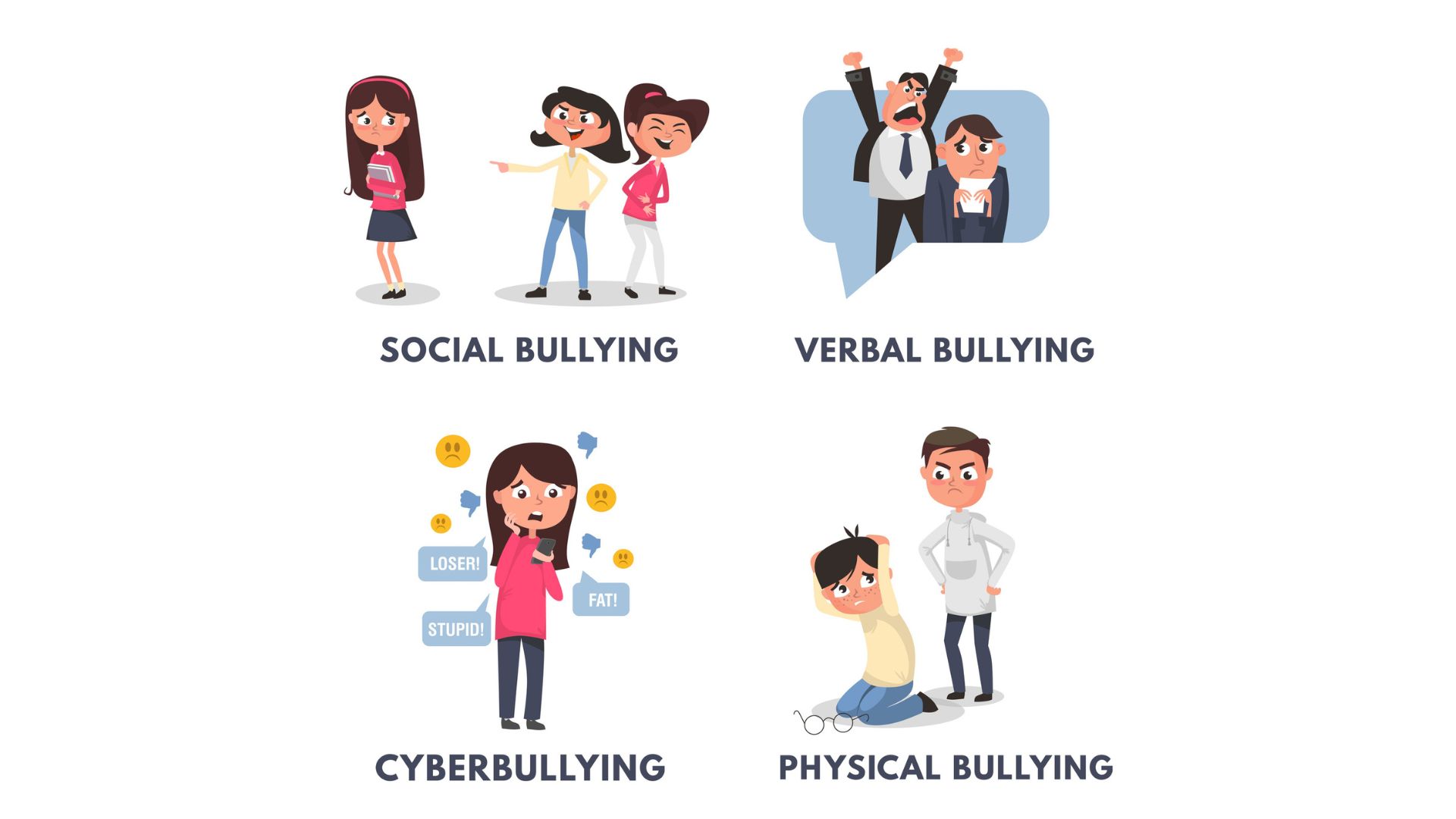You've seen the job posting that seems almost too good to be true. A work-from-home job offering a huge salary and benefits for easy, flexible work? Better think twice before getting your hopes up.
Job scams are all too common these days, and you need to watch out for the red flags so you don't get duped. Refer to ScamShield website to keep yourself informed about the job scam types.
A job is likely to be a scam if it requires you to:
Based on patterns highlighted by ScamShield, job scams commonly involve offers for remote or work-from-home roles. Victims are typically asked to complete simple tasks in exchange for commissions, such as making advance purchases, liking or engaging with social media content, posting reviews for hotels, restaurants, or airlines, filling out surveys, artificially boosting cryptocurrency values, inflating product ratings for online sellers, or rating mobile apps to improve their app store rankings.

Job hunting can be a gruelling process, but it's crucial to remain vigilant and protect yourself from potential scams. Scammers are becoming increasingly sophisticated, and falling victim to their traps can have devastating consequences. Let's explore some of the most common job scams you should be aware of.
Beware of job offers that seem too good to be true; these are red flags. If an employer is promising an unusually high salary, flexible working hours, or the opportunity to earn a fortune with minimal effort, it's likely a scam. Legitimate companies understand the value of their employees and offer competitive but realistic compensation packages

It's not unheard of for companies to reach out to potential candidates directly for more information. Be cautious of unsolicited job offers, especially if you didn't apply for the position. Scammers often use this tactic to lure unsuspecting job seekers into their schemes, tricking them into revealing sensitive personal information.
Pay close attention to the language and tone used in job postings and communication. A legitimate company typically has a professional demeanour and provides detailed information about the role, responsibilities, and company background. If a job offer is riddled with grammatical errors, spelling mistakes, or vague descriptions, it's a red flag.
Legitimate employers never ask for money upfront or use your own funds to complete job-related task. If a company requests that you pay a fee for training materials, equipment, or any other reason before starting the job or as a part of your job, it's likely a scam. They may claim that the fee is refundable or an "investment," but once you pay, you'll likely never see that money again.
In today's digital age, most legitimate companies have an online presence. Before pursuing a job opportunity, research the company thoroughly. Check for an official website, reviews, and verify their Unique Entity Number (UEN) or other business registration details. If the company seems to have no online footprint or verifiable information, it is probably not registered with Singapore’s Accounting & Corporate Regulatory Authority (ACRA).
Okay, so you got caught up in the excitement of landing your dream job and wired some money before realizing it could be a scam. Take a deep breath - all may not be lost yet.
The first step is to gather as much information as possible about who you sent the money to and how you sent it. If it was through a legitimate money transfer service, there's a possibility you can recall or reverse the transfer if you act quickly.
Time is of the essence here, so don't delay. Contact your bank or money transfer service provider right away and explain the situation. They may be able to halt or reverse the transaction.
You should also file a report with the police. Provide all details - the "employer's" name, contact information, payment amounts, and how you became aware it could be fraudulent.
Save any emails, texts, website information or other communication from the scammers. This documentation could be crucial if authorities are able to track them down and you need to prove your case.
Unfortunately, job scammers sometimes use victims' personal information for identity theft. So keep a close eye on your financial accounts, credit report and other sensitive data for any unauthorised activity. Consider placing a fraud alert or security freeze on your credit file.
Scammers are professionals at manipulating people. If you fell for their tricks, you're not alone - thousands of people get conned out of money this way every year. The important thing is taking quick action to minimize the damage and avoid future scams.
You've reached the end of this guide on how to spot job scams, but your journey to a legit job offer is just beginning. Stay vigilant when an unbelievable opportunity pops up in your inbox. Do your research before getting too excited about an offer. Trust your gut - if it seems sketchy, it probably is.
You've got this! Head over to FastJobs to equip yourself with more tips for job searching safely so you can avoid scams. Now go dazzle that hiring manager with your talents, but don't take any bait from fraudsters along the way. We're rooting for you!

In Singapore, remote work has grown into a lasting norm. Hybrid setups strike the best balance—offering flexibility and balance while reducing the risks of burnout, isolation, and generational gaps in workplace needs.
Read more
Toxic vibes at work? From gossip to sabotage, bullying hurts more than you think
Read more
Retail in SG is rising! Wage growth & skills training create new career paths. Explore jobs with FastJobs.sg.
Read more